- November 22, 2023
- Posted by: IHVN
- Category: Latest
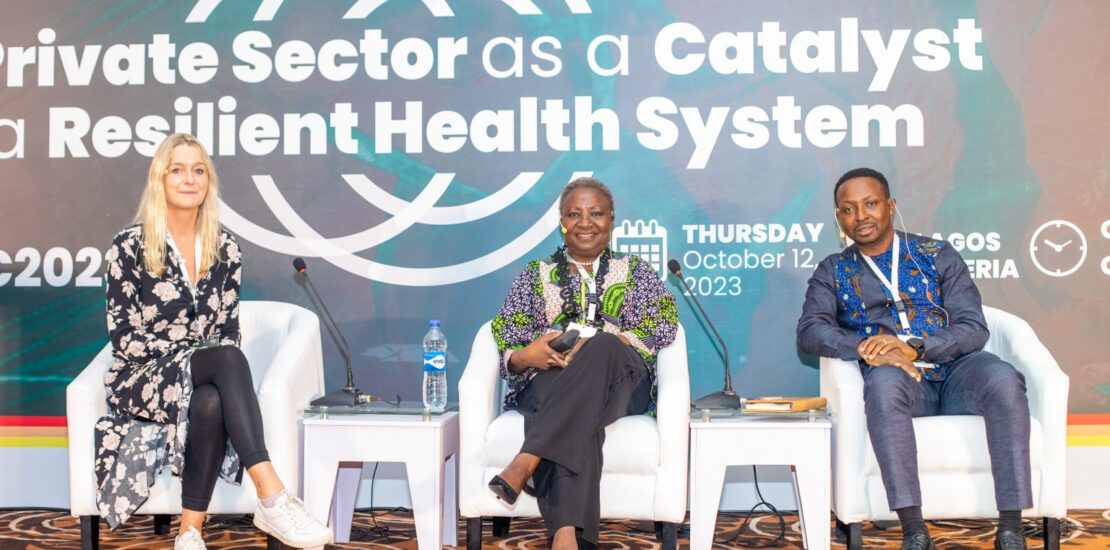
During a fireside chat organised by the Coalition for Epidemic Preparedness Innovations (CEPI), themed “Leveraging the Private Sector for Lassa Vaccine R&D: A Scientific Perspective” at the 2023 Future of Health Conference, two leading Lassa fever research experts, Professor Alash’le Abimiku, Executive Director of the International Research Centre of Excellence, IHVN, and Dr. Donald Grant, Chief Physician at the Lassa ward in Kenema Government Hospital, Sierra Leone, shared their insights on the progress being made in Lassa vaccine research and the role that the private sector can play to support these efforts. Kate Kelland, Chief Scientific Writer, CEPI who moderated the discussion stated that the session aimed to initiate conversations on how the private sector may become more involved in the development of medical countermeasures for Lassa Fever. In addition to how the public and private sector working together, there is the possibility of licencing a Lassa fever vaccine.
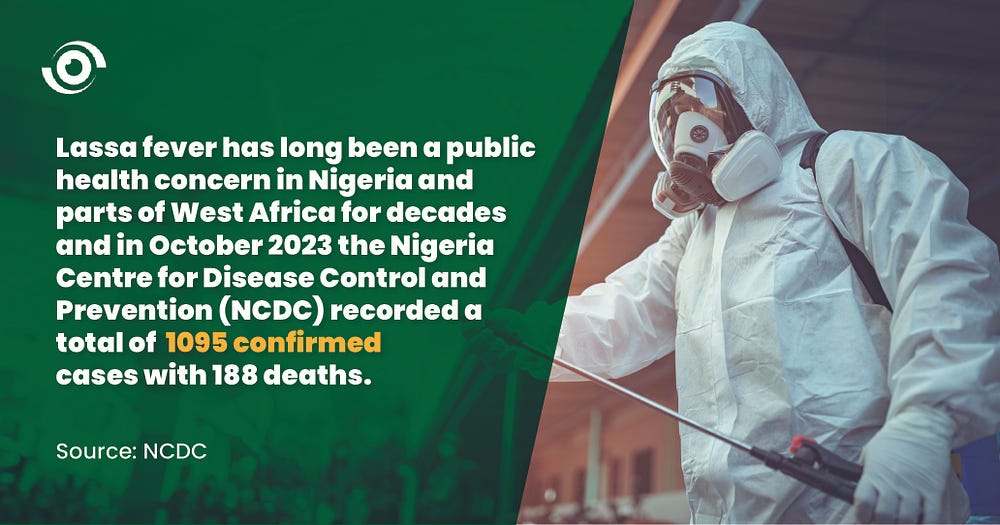
Annually, between 100,000 to 300,000 Lassa fever infections occur, with approximately 5,000 deaths in endemic countries. “Initially, we talk of Lassa Fever only in few countries… But we’ve seen a spread into new countries like Mali, Togo, Ghana, and Cote d’Ivoire. This is alarming and indicates that we really need to do more” Dr Grant added. According to Professor Abimiku, in addition to the increased spread, Lassa fever has also, in recent years experienced higher trends and with its ability to mimic other febrile illnesses, diagnosis and treatment is challenging.
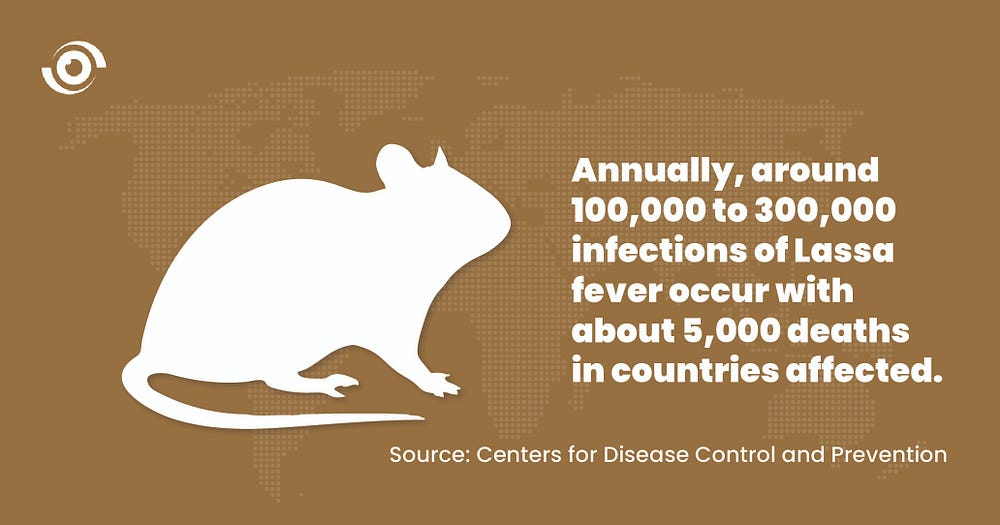
Progress in Lassa Vaccine Development
Vaccines are the most effective weapon against infectious diseases. Although the development of the Lassa fever vaccine would go a long way in controlling the disease, the road to efficacy testing still lies ahead. Discussions also touched on the importance of continuous epidemiological research and collaboration across West African countries, to better understand the transmission and incidence of Lassa fever. “Lassa has been with us for over 50 years, but still, the clear epidemiology of it is not well understood” Dr Grant noted.
CEPI’s commitment to funding the development of a safe and effective has been instrumental in advancing the fight against the disease. Professor Abimiku emphasised the importance of safety and efficacy of the vaccine which is one of the goals of The Enable study. As such, progress is being made, and there is genuine optimism that an effective vaccine could be on the horizon. “However, as with most vaccine claims confirm, you have to go to the phase two with a bigger population” Professor Abimiku said.
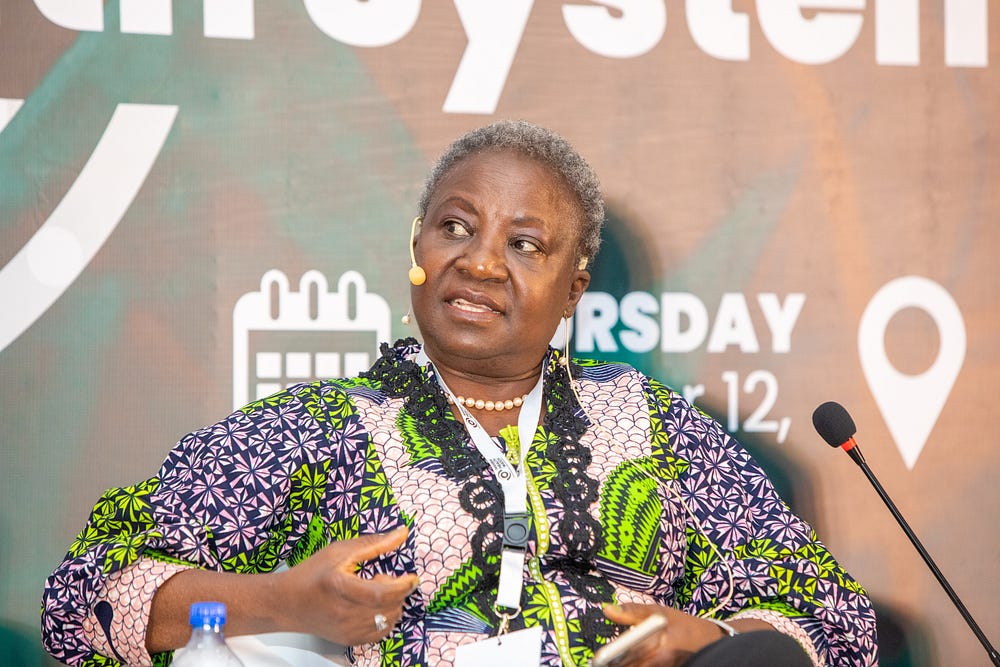
Larger phase-two trials involving a more significant population is crucial to determine the vaccines’ effectiveness. “Now that you’ve shown that it’s safe and you have to go to a larger population to show that it can protect and that is reason for The Enable Study” Professor Abimiku added. In terms of vaccine candidates, Professor Abimiku mentioned that three candidates have shown promise in early trials, demonstrating safety and eliciting the desired immune responses.
The Enable study, a collaborative effort across multiple countries, will provide critical insights into the vaccine’s spread, risk factors, and target populations. Richard Hatchett, CEO, CEPI at the launch of the Enable study in 2020 emphasised its significance, stating “If we don’t like the system’s output, we will need to reengineer it. And we will need to do so systematically.
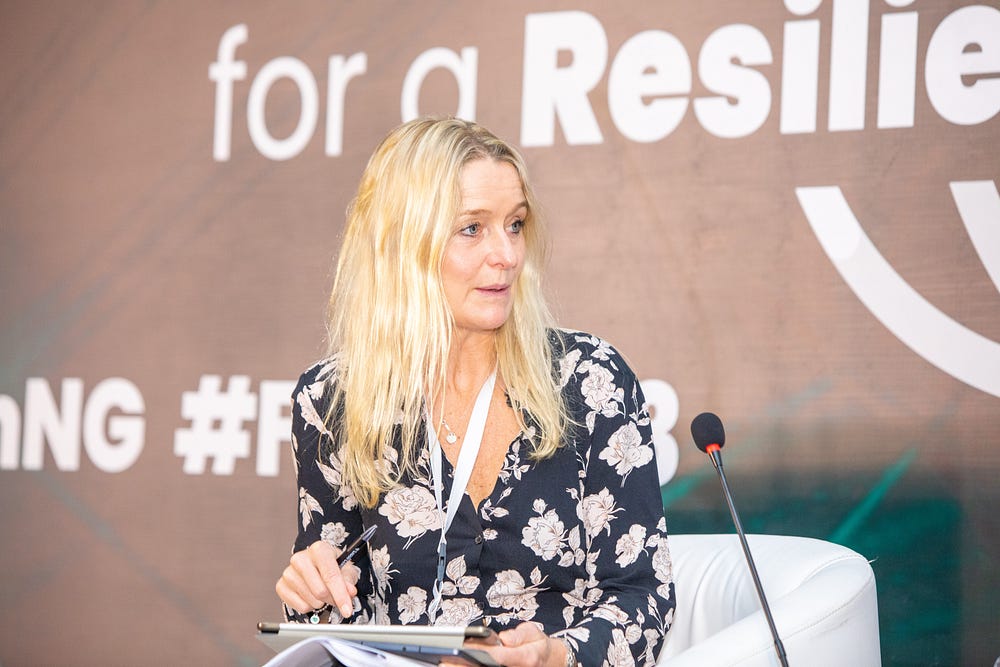
The Role of the Private Sector in Lassa Fever R&D
The discussion pivoted to the private sector’s potential involvement in Lassa vaccine research and development. Both Professor Abimiku and Dr. Grant stressed the importance of private sector engagement, especially considering the technical capabilities they bring to the table. Dr Grant highlighted that “the private sector has a critical role to play because the government alone cannot do it all. Private sector support is crucial for scaling up testing and diagnostics for Lassa fever, especially in hard-to-reach areas. We also need to consider vaccine production, making vaccines accessible and affordable.”
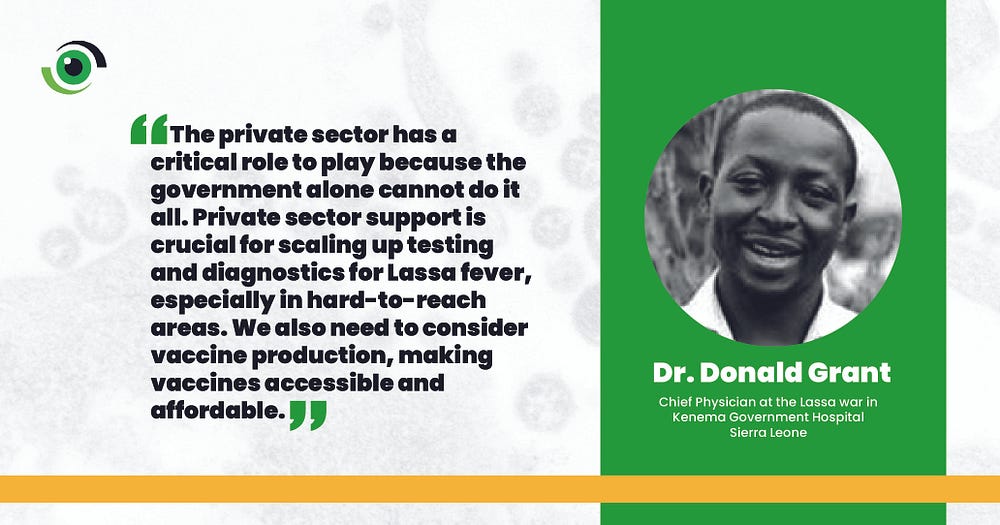
However, it’s not merely about incorporating the private sector at a later stage; they should be engaged throughout the entire process. From the conversations, the panellists proposed the following recommendations:
- Diagnostic Expertise: Early diagnosis is a key element in controlling the spread of the disease and this is an area of potential involvement. The private sector’s involvement in diagnostics, particularly in developing rapid diagnostic test kits for Lassa fever, is crucial. Existing rapid diagnostic tests have shown promise; however, they need to be refined, especially regarding strain variability. “I usually say, if you don’t look for it, you will not see it because its presentation mimics any other several illnesses, so there is that need to also scale up testing” Dr Grant said. The private sector can also partner to support expanding point of care for healthcare workers.
- Vaccine Manufacturing: Ensuring that vaccines are produced locally is essential, as it enhances accessibility and affordability. Nigeria, with its population of over 200 million, has the potential to serve as a regional hub for vaccine production and the private sector can significantly contribute to this. CEPI’s vision of addressing epidemics and pandemics within the first 100 days will require the participation of the private sector in ensuring that the vaccines are available and within that period of time. However, according to Professor Abimiku one lesson learned from the COVID-19 vaccine rollout was that “we don’t have the capacity to do the production at the time that our people need it”. Fortunately, with the Lassa fever vaccine production, there is an opportunity to work collaboratively with the private sector.
- Market Development: Lassa fever presents a substantial market in West Africa. Engaging the private sector in the production and distribution of vaccines ensures that they reach remote and underserved communities. This collaboration not only addresses issues of accessibility and affordability, which are critical in disease control, but it could place Nigeria as a vaccine manufacturing hub for West Africa.
- Collaborative Approach: The challenges posed by Lassa fever necessitate a collaborative approach between the public and private sectors. The private sector is positioned to play a critical role with the government in effectively addressing and mitigating the impact of the disease. However, there should not be any segregation, but ensuring that the private sector is integrated. Early involvement of private sector in the initial stages of discussions including planning, research, design of the products and data analysis is paramount. Their involvement should extend well beyond the concluding stages, establishing a foundation for sustained cooperation.
- Logistical Support: Drawing lessons from the COVID-19 response, this emphasises the pivotal role the private sector can play in addressing complex logistical issues. There is the significance of private sector participation in overcoming logistical challenges, particularly in vaccine production and distribution. The private sector can come in and help with production, subsidising, and making the vaccine available, so that it can reach everyone. Having a vaccine that is not accessible and affordable will almost mean negligible progress have been made.
- Research: The evolving landscape of Lassa fever underscores the need for ongoing collaboration, innovation, and exploration in research to ensure a comprehensive and effective response to the disease. The emphasis on research is not confined to vaccine development alone but extends to community engagement, incorporating local knowledge and perspectives. Understanding the sociocultural aspects impacting disease transmission, healthcare seeking behaviour, and community perceptions are pivotal in tailoring effective interventions that resonate with affected populations.
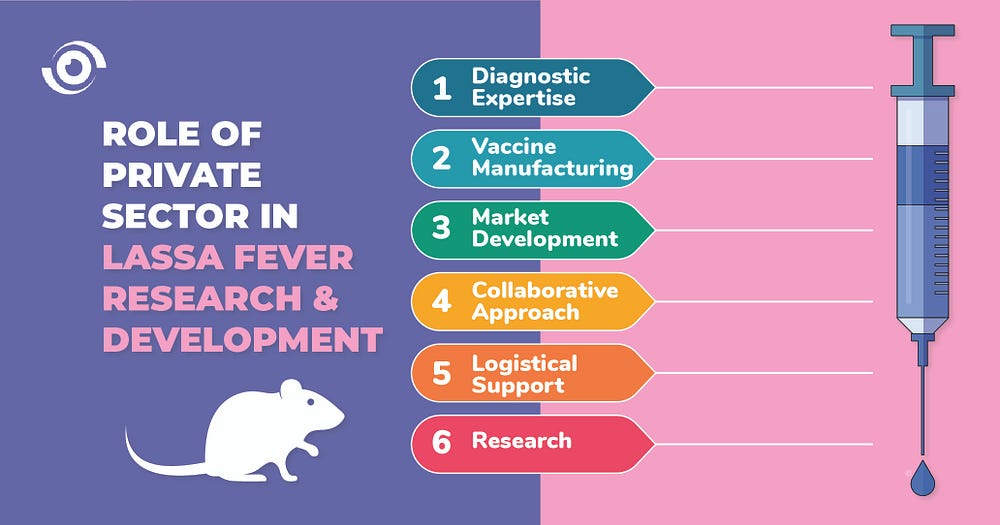
The fight against Lassa fever is making promising strides, with multiple vaccine candidates showing early success. The private sector’s involvement, from diagnostics to manufacturing and market development, is critical in ensuring that these vaccines reach those who need them the most. Drawing lessons from the COVID-19 response, where the private sector played a pivotal role in vaccine development and distribution, the scientific perspective highlights the importance of a holistic approach to combatting Lassa fever. By fostering collaborations and partnerships, leveraging the private sector’s capabilities, and focusing on regional solutions, the world is one step closer to achieving an effective Lassa vaccine that can save lives and protect communities in West Africa.
